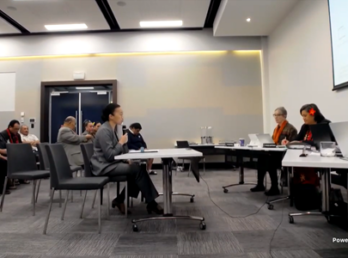Trust – 8 things Trustees should know articles
Date
15 Jul 2020
Related Expertise
Trust – 8 things Trustees should know!
30 January 2021: The Trusts Act 2019 comes into force on 30 January 2021. This new Act is intended to make the practices around trusts accessible and easier to understand. The Act incorporates principles that have been established over the last 10 years and more in court cases involving family trusts.
Beneficiary Rights: The Act emphasises that trustees must operate and administer the trust in accordance with the terms of the trust and for the benefit of the beneficiaries. The beneficiaries are entitled to require that the trustees comply with these obligations. The Act strongly reinforces these rights of the beneficiaries.
Trustee Obligations: The Act records and imposes the following basic obligations on trustees, including
(a) The trustees know the terms of the trust – the trust deed and all variations to the trust deeds.
(b) The trustees hold for the term of the trust (up to 125 years) trust information – records of trust property (assets, liabilities, income and expenses), records of trustee decisions, trust contracts, accounting records and financial statements, all documentation relating to the appointment and removal of trustees, memoranda of wishes from the settler and any other documents necessary for the administration of the trust.
(c) The trustees disclose information about the trust to beneficiaries:
(i) Trustees must make available to every beneficiary (or representative) certain basic trust information – the existence of the trust, who are the beneficiaries, the name and contact details of trustees and the right of beneficiaries to request a copy of the terms of the trust and other trust information.
(ii) On request by a beneficiary, trustees must make available to beneficiaries’ information regarding the terms of the trust, its administration including distributions and as to trust property and anything else reasonably necessary for a beneficiary to have to be able to enforce the trust.
(d) If trustees choose not to disclose information to beneficiaries (the Act includes a list of considerations to which the trustees must have regard) then the trustees may be obligated to apply to the High Court for directions as to disclosure.
Review Your Trust Now: Trustees should be reviewing trusts – are they fit for purpose or otherwise meeting the needs of beneficiaries and the original reasons for the trust, review the document keeping practices and generally review how they have been performing their obligations as trustees. At Stace Hammond we are conducting reviews of trusts with clients for these purposes.
Subscribe
Get insights sent direct to your email.



















